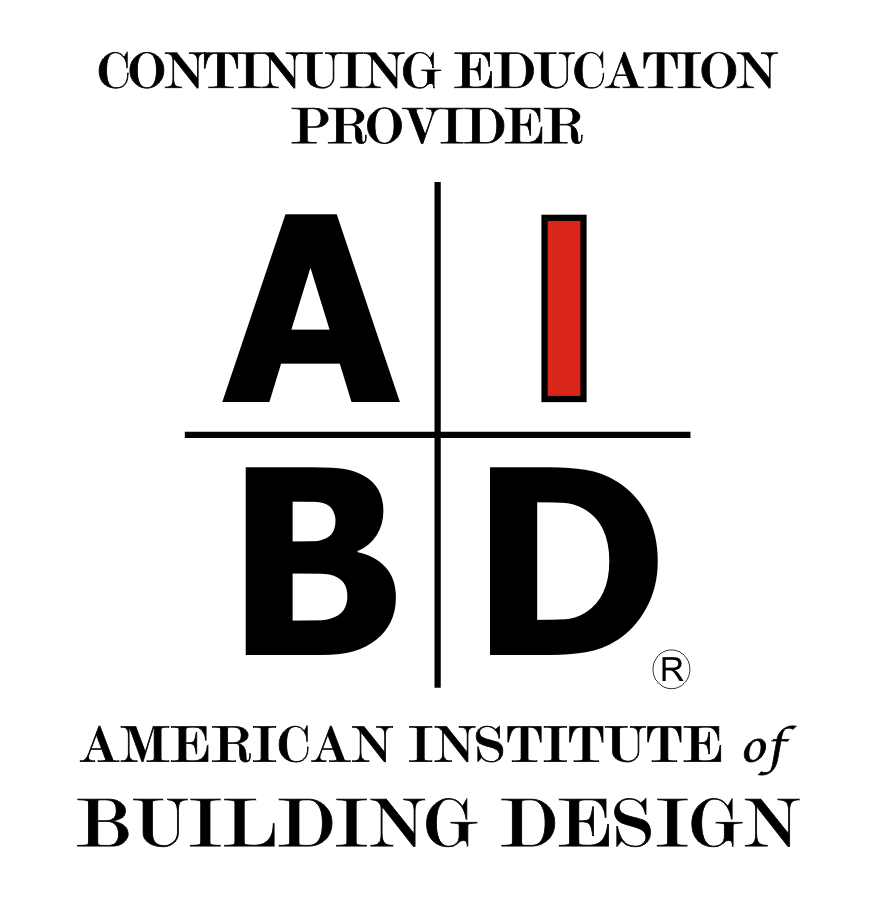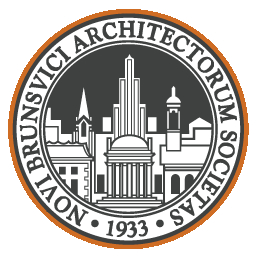How Distinctive Glass Designs Boost Learning Environments
Creative use of glass achieves design aesthetics and functionality that no other material can
Sponsored by Guardian Glass | Presented by Erica Gaswirth, AIA, LEED AP, Leonard Leung, AIA, LEED AP, and Alan Kinder
Webinar On-Demand
Glass and schools just seem to go together. The purpose of schools is to engage students in learning about the world. How better to achieve that than with views, natural light, and unique designs? The projects featured in this webinar include what is fondly called “the egg,” a curved glass meeting room set in a busy lobby that acts as an intersection between various parts of the school. Inside the curved glass room is a large screen that can be seen by passersby to keep students informed about school issues and events. The room can also be used for small meetings, to show the power of collaboration. In a second project where glass plays a major role, each classroom in a Manhattan school for special needs children includes a massive bay window that not only allows in abundant natural light, but that gives the students views of Madison Avenue below. As long as students are being taught to function in the world, they may as well see that world every day. Only glass could achieve this benefit.

Photo courtesy of Guardian Glass.

|
Erica Gaswirth, AIA, LEED AP – Senior Associate, PBDW Architects As co-leader of PBDW’s educational practice, Erica has focused on the design of a broad range of cultural and educational institutions, from early childhood through higher education, and adaptive reuse to new construction. She believes that school design should be equitable for all students and strives to bring thoughtful and dignified design to special needs students, a population which has historically been marginalized within the larger educational system. Through close collaboration with educators, Erica provides program specific design that will best serve the needs of these students. Her thoughtful and practical approach to architecture integrates sustainability with innovative designs which meet both functional and budgetary requirements. Erica’s portfolio of projects includes the adaptive reuse of Fordham University’s Duane Library, the interior and sustainable design for the LearningSpring School, and the design and renovation of two athletic facilities for Riverdale Country School. She is currently working on a master plan and renovation of an independent school on Manhattan’s Upper West Side. |

|
Leonard Leung, AIA, LEED AP, Associate Partner, PBDW Architects Leonard Leung has over 24 years of design experience and has contributed significantly to the firm’s design vernacular. Some of his projects include architectural interventions within existing structures such as the addition to and renovation of the Educational Alliance flagship location, the addition to Poly Prep’s Lower School in Park Slope Brooklyn and the renovation of Andrew W. Mellon Foundation. His portfolio of new designs transcend typology as he’s worked on a wide variety of projects including Equinox Fitness Club on 92nd Street in Manhattan, a new Aquatic Center at Riverdale Country School, the design of new production studios and corporate office space for a Not-for-Profit Media Company in Brooklyn. He is currently working on several new designs for mixed-use developments in Brooklyn as well as a community center on the Lower East Side. Mr. Leung also teaches an upper-level design studio as Visiting Professor at Pratt Institute School of Architecture and acts as a design critic at Pratt, NYIT and the City College of New York. He received a Master of Architecture from the Harvard Graduate School of Design. |

|
Alan Kinder is the Regional Architectural Manager covering the East Coast for Guardian Glass. In his current position he leads a team of Architectural Design Managers that work directly with design professionals to assist with project review and provide guidance on glass and glazing selections for large commercial project work to ensure building envelope enclosures meet all aesthetic and performance requirements. He has worked with Guardian Glass for 9 years and has also served as Territory Sales Manager and Architectural Design Manager during his tenure. He is a graduate of Clemson University with a degree in Industrial Management and currently lives in Charlotte, NC |
Guardian Glass, a major business unit of Guardian Industries, is one of the world’s largest manufacturers of float,coated, and fabricated glass products, offering a range of low-emissivity and interior glass options to meet performance and design requirements. www.guardianglass.com
Originally published in Process Heating
Originally published in September 2021
LEARNING OBJECTIVES
- Identify two projects where glass helped achieve the program’s design goals and performance needs.
- Describe how a glassed in meeting room transformed a school lobby.
- Discuss a design strategy with glass that allows students a long view of the streetscape below.
- Define the qualities of glass that enhance a learning environment.











